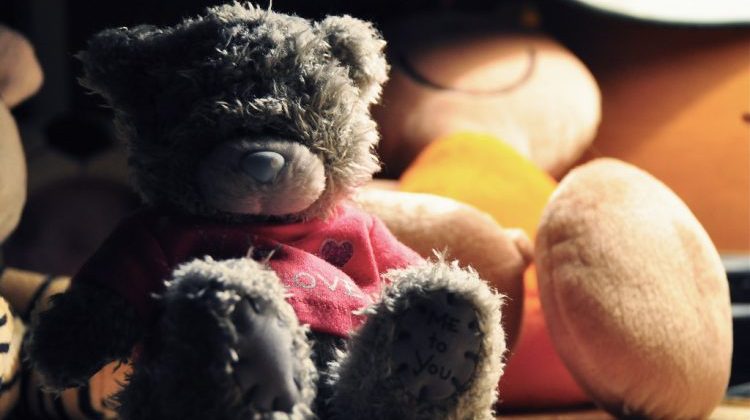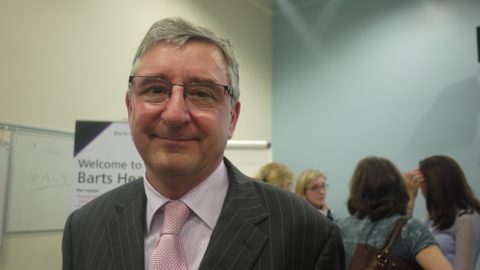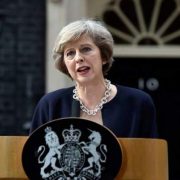
Pic: Armando Maynez
Tower Hamlets still has the worst child poverty rates in Britain, despite a slight decrease in the past three years, a study by charity End Child Poverty has revealed.
Forty-four per cent of children in the borough were living in poverty in 2015 – four per cent higher than any other local authority in the country.
Hackney, with 37 per cent and Lewisham with 34.7 per cent were among other London boroughs to appear in the top 20, coming in 7th and 18th place respectively.
End Child Poverty calculated the rates using the proportion of children living in families who earn less than 60 per cent of the country’s median income.
The Office for National Statistics’ provisional estimate of median household income for 2015/16 is £26,400.
Since 2013, child poverty rates have decreased from 49 per cent in Tower Hamlets, but other London boroughs have improved by more, which means that Tower Hamlets is now the only part of the capital with a rate above 40 per cent.
A council scheme, the Children and Families Plan 2016-19, was conceived to alleviate the impact cuts to welfare have on child poverty.
A council spokesperson said: “Financial hardship is an issue we know continues to affect a number of families, and we recognise that the costs of housing and childcare are important issues in the borough.”
“At the same time, many public services are anticipating a likely increase in future demand in a climate of restricted resource. The 2016-19 Children and Families Plan therefore also puts an emphasis on early and holistic help, in recognition of the need to ensure resources are used in the best possible way.”

MP Jim Fitzpatrick. Pic: Xue Mi
Labour MP Jim Fitzpatrick’s constituency of Poplar and Limehouse includes two of the worst wards in the borough, Mile End East and Bromley-by Bow.
Asked why child poverty is so prevalent in the area he said: ‘The evidence only points in one direction. Government welfare cuts increase child poverty rates and the obvious truth is that driving families into deeper poverty, debt and insecurity has not, and never will, improve someone’s chances of finding a job.’
Chair of the End Child Poverty Coalition, Sam Royston, warned that child poverty is likely to worsen unless the government acts in next week’s budget: “Families who are just about managing today, won’t be managing tomorrow if Universal Credit leaves them with fewer pounds in their pocket and if inflation means the pounds in their pocket don’t stretch as far as they used to.
“This month’s Autumn Statement is a major opportunity for the new government to act to help these families. We urge the Chancellor to reverse the significant cuts to Universal Credit targeted at working families and, at the very least, shield children’s benefits from inflation.”
The Autumn Statement is on November 23.
Additional reporting by Matty Edwards.




